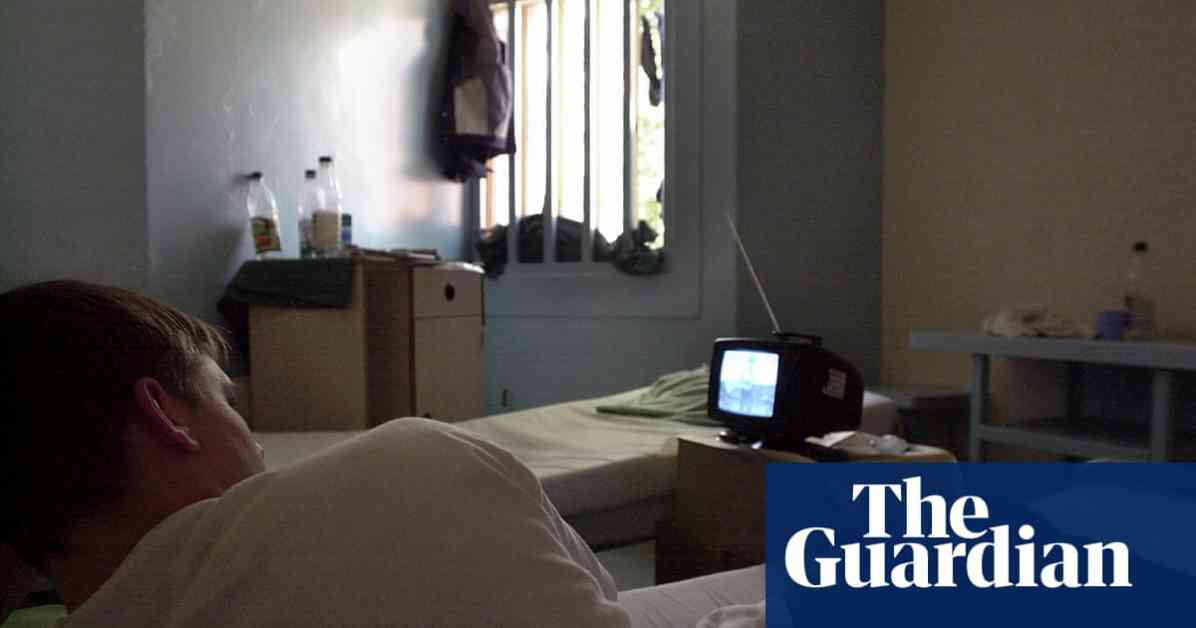A recent report has revealed that children in youth offender institutions (YOIs) in England are not receiving adequate access to education. The report highlights a concerning decline in the quality and quantity of education provided to 15 to 18-year-olds in YOIs over the past decade, despite a decrease in the number of children in custody.
According to the joint review conducted by Sir Martyn Oliver of Ofsted and Charlie Taylor of the chief inspector of prisons, many children in YOIs are spending a significant amount of time in their cells due to staff struggling to manage conflicts between the youngsters. This has resulted in some children being confined to their cells for up to 23-and-a-half hours a day, limiting their access to education.
Although children in YOIs are supposed to receive a minimum of 15 hours of education per week, many are receiving far less than that. Lessons are frequently canceled due to a lack of teachers or escorts to accompany the children to class. The report also highlights severe staff shortages, poor-quality resources, and insufficient training among staff as contributing factors to the inadequate education provided in YOIs.
Furthermore, the education children receive in YOIs often does not align with their needs or interests. The report mentions a complex system of “keep aparts” or “non-associations” in place to prevent conflicts between children, resulting in a high number of restrictions on movement within the institutions.
When children do attend classes, they are often engaged in activities like wordsearch puzzles or coloring, rather than meaningful learning experiences. This lack of quality education fails to meet the needs of the 400-plus children in custody, leaving them ill-prepared for life after release.
The findings of the report have raised concerns among officials and advocates. Sir Martyn Oliver expressed deep concern over the situation, emphasizing that children in YOIs deserve a high-quality education to support their rehabilitation. Charlie Taylor described the report as “depressing,” highlighting the missed opportunity to address educational gaps for children in custody.
Jon Collins from the Prisoners’ Education Trust described the findings as shocking but not surprising, emphasizing the need for significant improvements to provide young people in YOIs with the necessary skills and qualifications for a better future. Minister for youth justice Nic Dakin acknowledged the challenges within the criminal justice system and emphasized the government’s commitment to addressing the issues in the youth estate.
It is clear from the report that urgent action is needed to improve the education provided to children in youth offender institutions in England. Ensuring access to quality education is essential in supporting these young individuals in turning their lives around and avoiding a return to custody.

